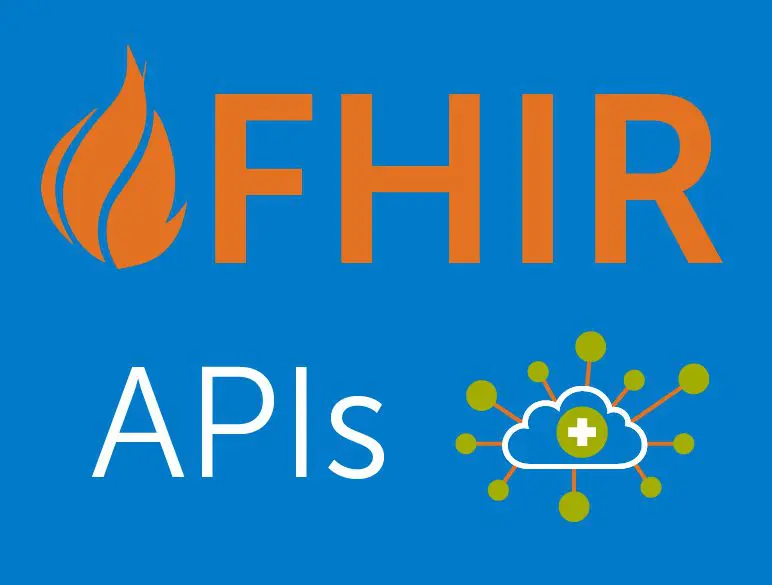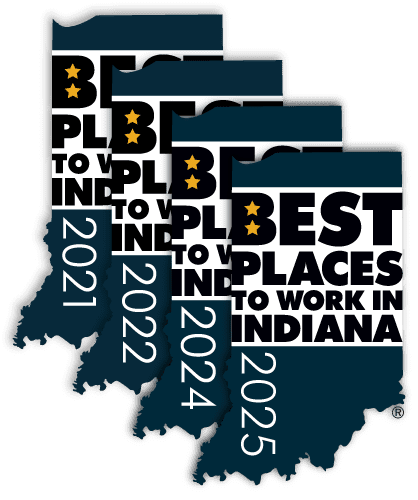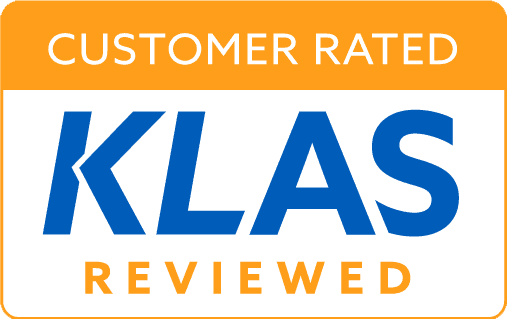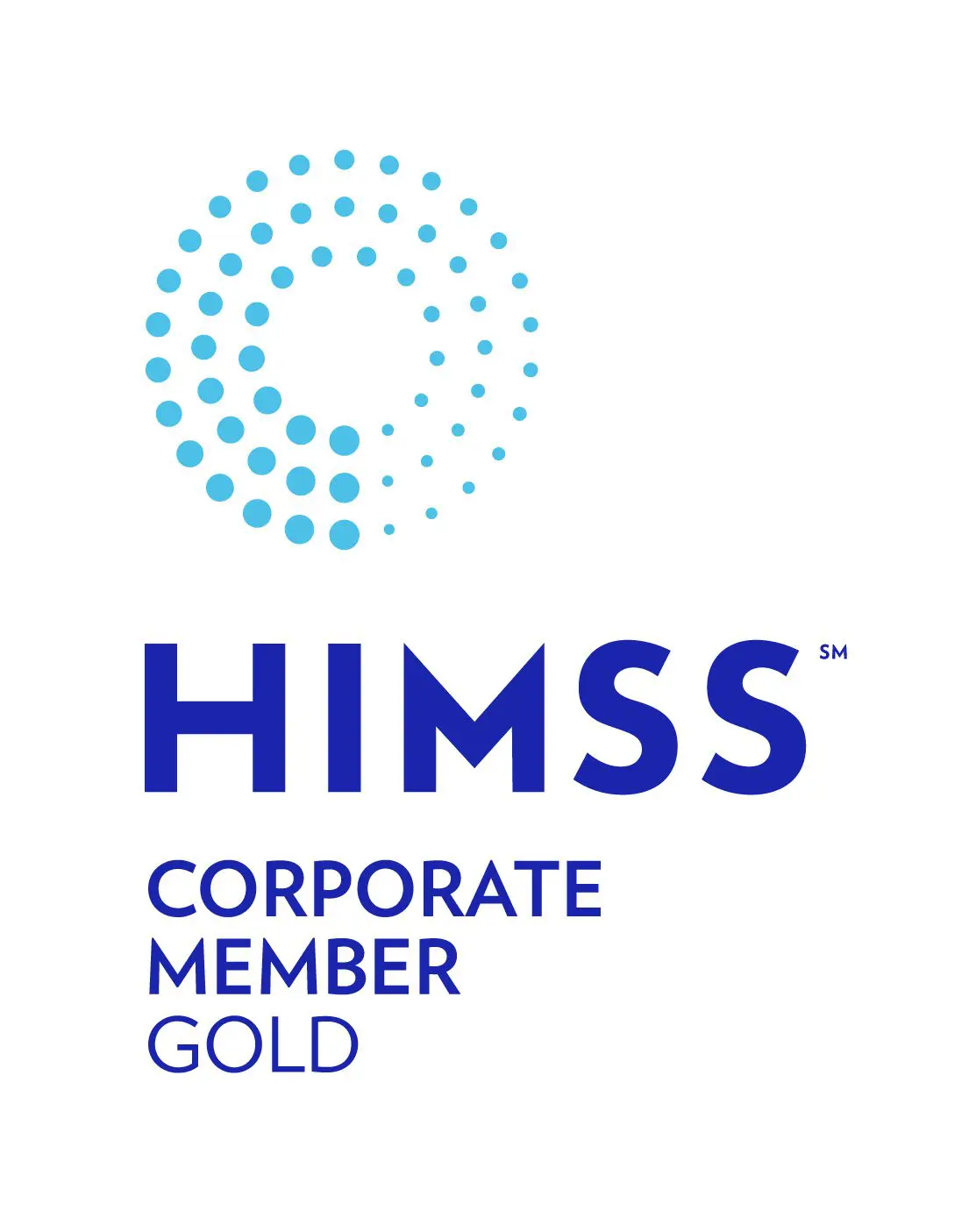Data Interoperability
Integrations to Optimize Processes & Patient Care.
The right approach to data interoperability helps you break down the barriers that can hinder the flow of critical patient information, research data, and operational workflows in your organization. The less applications and data sources there are to integrate, the easier it is to achieve progress.
How We Help
Reduced
Data Silos
Consolidate multiple data sources by implementing an active archive for more efficient operational workflows and cost savings.
Seamless Integration
Enable secure data exchange between an active archive and the go-forward application through features like Single Sign-On (SSO).
Improved
Patient Care
Advanced active archive functions such as Secure Record Delivery to the go-forward EHR endpoint and Legacy Record Indicator save on time.
Patient Identity Management
Robust Master Patient Index (MPI) and Identity Resolution for accuracy and enhanced data quality.
Challenges in Data Interoperability
For senior technology leaders, the push for interoperability represents a dual opportunity: to optimize internal processes and support patient care. However, organizations face several key challenges in implementing data interoperability:
Outdated Technology Older applications lack the functionality needed to achieve data compatibility in healthcare organizations.
Heterogeneous Data Sources & Data Silos Different departments or units within a healthcare organization often have different software and data repositories. This can prevent a unified view of patient information.
Diverse Standards The use of multiple standards like HL7 v2, HL7 FHIR, and proprietary formats can hinder integration. Mapping and translating data between formats requires ongoing effort.
Security and Privacy Concerns To ensure regulatory compliance and data security, interoperability efforts must incorporate robust compliance frameworks and cybersecurity measures (e.g., encryption, access controls, monitoring).
Scalability and Future-Proofing Interoperability frameworks must be adaptable and scalable to accommodate new technologies and avoid disrupting operations during implementation.
What the Right Integrated Archive Can Do For You
HealthData Archiver® helps you:
- Improve Operational Efficiency
- Cost Savings & ROI
- Enhance Interoperability
- Support Patient Care
- Regulatory and Compliance Advantages
Goal: Two Platforms
Healthcare leaders are simplifying their data infrastructure by aligning around two systems: the go-forward EHR and a secure active archive for all legacy data. Harmony Healthcare IT enables this streamlined approach with deep integration, centralized access, and compliance-ready storage.
- Convert key data from legacy systems to the go-forward EHR.
- Secure any unconverted data in an active archive.
- Integrate the archive with the go-forward EHR to enable easy user access to legacy records.
- Empower users with workflows and integrated, searchable data.
- Reduce technology sprawl and IT burden through application consolidation and decommissioning.
Interoperability is foundational to delivering better care. We help you eliminate data silos, reduce risk, and connect legacy data with go-forward platforms. The result? Faster access, lower costs, and a stronger foundation for care delivery
Archive Integrations
- MPI Backload & Synchronization
- Secure Record Delivery to EHR
- Single Sign-On
- Legacy Record Indicator
- And More
Key Resources
Explore how seamless data exchange can break down silos, improve clinical outcomes, and streamline operations, driving better patient care and organizational efficiency.









